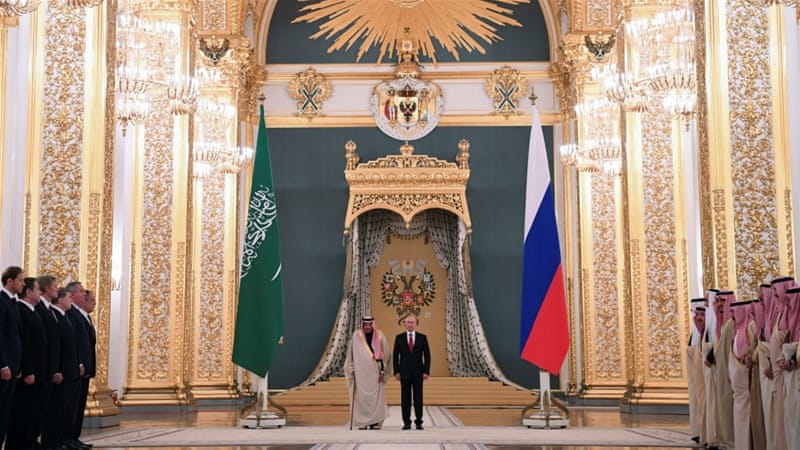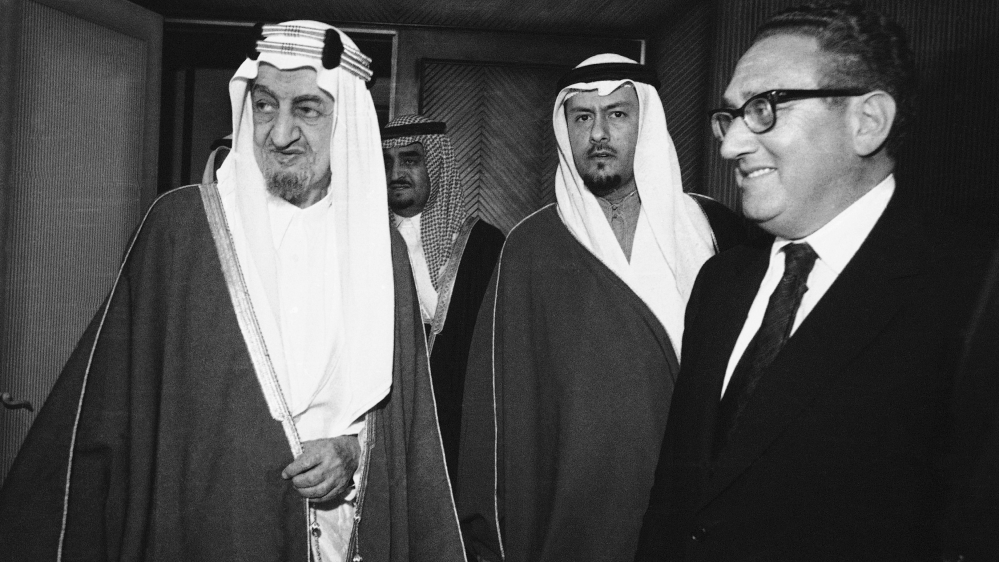Emmanuel Macron a confirmé ses choix
planificateurs en matière d'énergie pour la France. Il a dissipé toute
ambiguïté et du même coup placé les Gilets Jaunes (GJ) devant une évidence:
Quelle légitimité a l'État pour décider de nos choix énergétiques et nous
imposer une fiscalité écologique?
L'énergie a de tout temps été un mix et les
transitions ont été réussies car elles étaient nécessaires et non planifiées.
Ce sont les choix des consommateurs d’énergie qui ont fait les transitions sans
subventions étatiques. Elle l'est encore plus aujourd'hui grâce aux avancées
technologiques et ces dernières ne vont pas s'arrêter conduisant à une énergie
plus disponible, moins chère et moins polluante. Toutes ces transformations
n’ont aucunement besoin de l'État comme acteur. C'est au contraire lui qui a
perturbé le jeu naturel du marché notamment en favorisant le diesel, ou bien en
subventionnant la construction de bâtiments non isolés chauffés avec des radiateurs électriques, ou bien en protégeant
ses monopoles au détriment du mix énergétique. De surcroît l'obsession anti CO2
est particulièrement injustifiée en France puisque notre pays en produit entre
4 à 6 fois moins que ses voisins européens de l'Est notamment l’Allemagne.
Alors de quoi la transition énergétique
imposée par Emmanuel Macron est-elle le nom ?
Il s'agit non seulement de forcer les entreprises où l'État a une participation
à une conversion vers les énergies intermittentes, mais aussi d'appliquer une
taxation comportementale sur toutes les activités thermiques alimentées par de l'énergie
fossile, il s'agit de s'immiscer dans les choix individuels pour contraindre
les familles à des changements dont on ne sait s’ils les auraient décidés eux
mêmes, il s'agit de taire les conséquences économiques de ces injonctions en
particulier sur le prix de l'électricité, il s'agit pour la énième fois de
faire croire aux Français qu'il leur faut utiliser les transports en commun
alors même que ces derniers ne sont ni présents ni fiables ni bon marché et
qu'ils ne peuvent pas l'être.
Cette transition énergétique est le nom
badigeonné de vert d'une ènieme aventure planiste de type soviétique mais avec
une différence fondamentale des précédentes. Au sortir de la deuxième guerre
mondiale la planification énergétique en France a été confiée à des ingénieurs,
des physiciens, et des entrepreneurs, l’état était là comme garant et
organisateur et peu comme acteur. Aujourd'hui cette transition est sous la
baguette de l’énarchie, dispositifs de taxes et de subventions pour atténuer
les taxes, annonces et contre annonces (cf les chaudières au fioul qui ne sont
plus en cour), rachat de l’électricité verte à des prix élevés qui sont en fait
payés par le contribuable, investissement dans les transports en commun
defiants toute réalité économique... Comme pour d'autres aventures récentes de
l'État planificateur la gouvernance énarchique est synonyme de gabégie, de
déficit, de paupérisation, de perte de compétitivité et au final d'échec.
C'est pourquoi sur ce sujet il n'est pas
possible d'accorder notre confiance au président de la République. Nous ne
serons pas les seuls et la France ne peut pas se permettre alors qu’elle a le
même PIB/habitant qu’en 2006 de prolonger une crise économique par une impasse
politique: il faut sortir de cette empoignade par le haut.
Mais quel est l'arbitre légitime qui peut
répondre à la question: est-ce que l'État doit nous imposer la transition
énergétique ou bien est-ce que chaque Français doit choisir sa voie, chaque
entreprise doit développer ses capacités et chacun contribuer ainsi par la
diversité et la qualité de choix assumés et libres à une nouvelle combinaison
de l'offre et de la demande énergétique? L’avantage des solutions incitatives
c’est qu’elles sont hautement évolutives
en fonction des découvertes d'énergie fossile (on le voit bien avec le gaz),
des découvertes scientifiques (le photovoltaïque a encore une marge importante
de progression d'efficacité des panneaux, le nucléaire est loin de régresser
dans le monde grace aux réacteurs EPR et demain à la fusion ou à la transmutation
des déchets), des données actualisées sur le climat et surtout des capacités
économiques des Français à financer cette transition sans recourir a des
subventions que l'État ne peut accorder sans emprunter davantage c'est-à-dire imposer aux générations futures une dette au-delà de 100 % du PIB. Ces générations futures dont on nous rabache les oreilles au sujet de l'état supposé de la planète dans des décennies alors que le fardeau de la dette que nous allons leur léguer est insoutenable.
Cet arbitre c'est le peuple et la seule façon
de connaître son opinion n'est pas de dépenser de l'argent pour un nouveau
sondage, d'agiter des machins participatifs dans les territoires, de faire des
discours soliloques qui célèbrent l'écoute et l'empathie mais se résument à de la propagande, de recevoir les GJ
comme on le fait depuis des décennies pour des syndicats qui n’auront bientot
plus que des permanents subventionnés, de solliciter des associations
écologiques qui ont un agenda idéologique pour la plupart ou d'écouter des élus locaux qui ont tant dépensé et si mal qu'ils en veulent encore plus. Ce peuple, que chaque
parti politique prétend représenter, la classe politique ne l’a pas consulté
depuis le 29 Mai 2005 car elle le craint.
La seule façon de connaître la décision du peuple c'est d'appliquer la
constitution: organiser un référendum.

 Russian President Vladimir Putin and Saudi Arabi''s King Salman attend a welcoming ceremony before their talks at the Kremlin in Moscow on October 5 [Reuters/Yuri Kadobnov]
Russian President Vladimir Putin and Saudi Arabi''s King Salman attend a welcoming ceremony before their talks at the Kremlin in Moscow on October 5 [Reuters/Yuri Kadobnov]






